The Science Behind Neurofeedback for ADHD: A Breakthrough in Brain Training
Attention-Deficit/Hyperactivity Disorder (ADHD) affects millions worldwide, often leading to challenges with attention, impulse control, and behavior regulation. While medications like stimulants have been widely used, an innovative, non-drug therapy — neurofeedback — is emerging as a powerful alternative, backed by growing scientific evidence. We offer Neurofeedback in Vancouver for Children with symptoms of ADHD.
What is Neurofeedback?
Neurofeedback is a form of biofeedback that helps individuals learn to regulate their brainwave activity. Through real-time monitoring, individuals are trained to modify patterns associated with inattentiveness and hyperactivity, leading to better cognitive control and behavioral outcomes.
Types of Neurofeedback That Work
Not all neurofeedback protocols are created equal. Traditional theta/beta training has been the standard for years, aiming to reduce excessive theta waves (associated with daydreaming) and enhance beta waves (linked to attention). However, new research shows that boosting beta activity alone may offer superior improvements in cognitive control and response inhibition (Bluschke et al., 2022).
Distinct effects have also been observed depending on the specific neurofeedback protocol used. For example, training to upregulate theta specifically enhances neural signatures of impulse control (Bluschke et al., 2023).
Long-Term Benefits and Behavioral Impact
The benefits of neurofeedback are not limited to immediate symptom relief. A systematic review found improvements in behavior, sustained attention, motor control, and impulsivity, especially when neurofeedback was combined with other interventions such as behavioral therapy or physical activity (Sampedro Baena et al., 2021).
Further, studies reported enhancements in school performance and emotional regulation, suggesting broader developmental gains when neurofeedback is introduced early in life (Long-Term Effects of Neurofeedback Treatment in ADHD, 2022). We can help you navigate Neurofeedback in Vancouver.
How Neurofeedback Compares to Medication
While stimulant medications like methylphenidate provide rapid symptom control, they come with potential side effects. Neurofeedback offers a non-invasive, side-effect-free alternative that targets brain function directly and promotes self-regulation skills over time (Neurofeedback as a Nonpharmacological Intervention for ADHD, 2021).
Moreover, some research shows that combining neurofeedback with medications may yield synergistic benefits, allowing for reduced medication dosages (EEG Neurofeedback for ADHD: Effects on Behavior and Cognition, 2022).
Conclusion
With over a decade of clinical research now supporting its efficacy, neurofeedback is gaining ground as a legitimate, evidence-based intervention for ADHD. Whether used as a standalone therapy or in combination with traditional treatments, it empowers individuals to take charge of their brain’s performance — leading to lasting improvements in attention, behavior, and quality of life.
References:
- Bluschke, A., et al. (2022). The effects of different theta and beta neurofeedback training protocols on cognitive control in ADHD. Journal of Cognitive Enhancement.
- Bluschke, A., et al. (2023). Distinct effects of different neurofeedback protocols on the neural mechanisms of response inhibition in ADHD. Clinical Neurophysiology.
- EEG Neurofeedback for ADHD: Effects on Behavior and Cognition. (2022). Brain Research.
- Long-Term Effects of Neurofeedback Treatment in ADHD. (2022). Frontiers in Human Neuroscience.
- Neurofeedback as a Nonpharmacological Intervention for ADHD. (2021). Neuropsychiatric Disease and Treatment.
- Sampedro Baena, L., et al. (2021). Effects of neurofeedback in children with ADHD: A systematic review. Journal of Clinical Medicine.
- Standard Protocols Improve ADHD Symptoms with Neurofeedback. (2022). Neuropsychology Review.
- Theta/Beta Neurofeedback in Children with ADHD. (2022). Journal of Neural Transmission.
- Westwood, S. J., et al. (2024). Neurofeedback for ADHD: A systematic review and meta-analysis. JAMA Psychiatry.
- Wu, G., et al. (2024). Comparative efficacy of neurofeedback interventions for ADHD in children: A network meta-analysis. Brain and Behavior.










